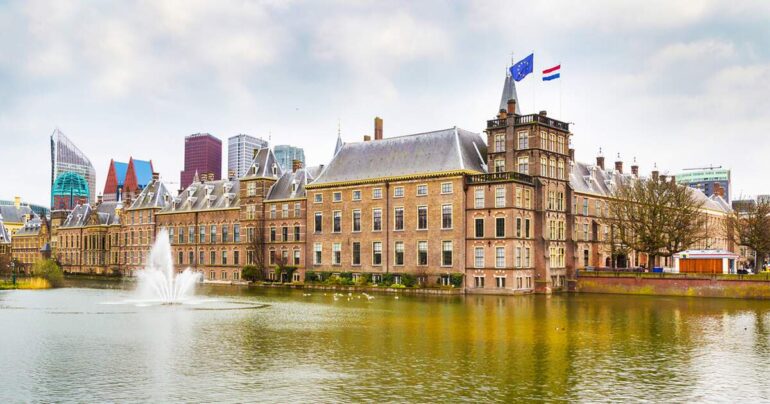TL;DR:
- The Dutch government is considering banning AI software usage by officials.
- Concerns include privacy and copyright issues.
- Research suggests non-compliance with Dutch legislation.
- Ambiguity over AI providers’ consideration of author’s rights.
- Privacy concerns arise due to sensitive information extraction.
- Experiments are planned to explore safe AI utilization.
- Guidelines for responsible AI usage and civil servant training envisaged.
- Council of Ministers will discuss the proposal and potential impact on the public sector.
Main AI News:
In a bold move, the Dutch government is contemplating a temporary prohibition on the use of AI software, including notable entities like chatbots ChatGPT and Brand, as well as image generators Dall-E and Midjourney among its ranks. State Secretary Alexandra van Huffelen, responsible for Digital Affairs, has put forth this proposition, citing concerns over burgeoning risks associated with privacy and copyright violations. This noteworthy development was unveiled in an exclusive draft proposal obtained by Volkskrant.
Van Huffelen’s proposal is underpinned by an exhaustive study conducted by the office of State Attorney Pels Rijken and the Dutch Data Protection Authority (AP). Their comprehensive investigation has led them to conclude that “non-contracted generative AI applications, in general, fail to exhibit demonstrable compliance with Dutch privacy and copyright legislation.”
A chief concern highlighted by Van Huffelen is the ambiguity surrounding the extent to which providers such as Google and OpenAI respect the rights of authors. The language models powering chatbots like ChatGPT and Bard were trained on vast volumes of text, including copyrighted books and newspaper archives. Remarkably, many providers remain opaque about their selection of source materials, as per Van Huffelen’s communication.
Privacy, an issue of paramount importance in the digital age, is another area of distress for Van Huffelen. She underscores how generative AI applications can potentially extract highly sensitive information through user interactions. Moreover, the responses furnished by these AI systems could conceivably influence consequential decisions pertaining to individuals.
However, Van Huffelen is not advocating a blanket dismissal of generative AI within the government. Instead, she envisions a series of pioneering experiments aimed at assessing how government services can harness this technology while safeguarding essential interests. The anticipated pilot initiatives are scheduled to be fully operational by mid-2024. Subsequently, the government will formulate guidelines for the responsible deployment of AI and institute a comprehensive training program for civil servants.
The draft proposal will soon be deliberated upon by the Council of Ministers, as per the Volkskrant’s report. If ratified, the ban will be extended to encompass government entities and their affiliated suppliers, potentially reshaping the landscape of AI utilization within the public sector.
Conclusion:
The Dutch government’s contemplation of a ban on the use of AI software by officials underscores growing concerns regarding privacy and copyright issues. This move may impact the AI market by necessitating greater transparency and adherence to legal regulations, potentially leading to more responsible AI development and usage in the public sector.

